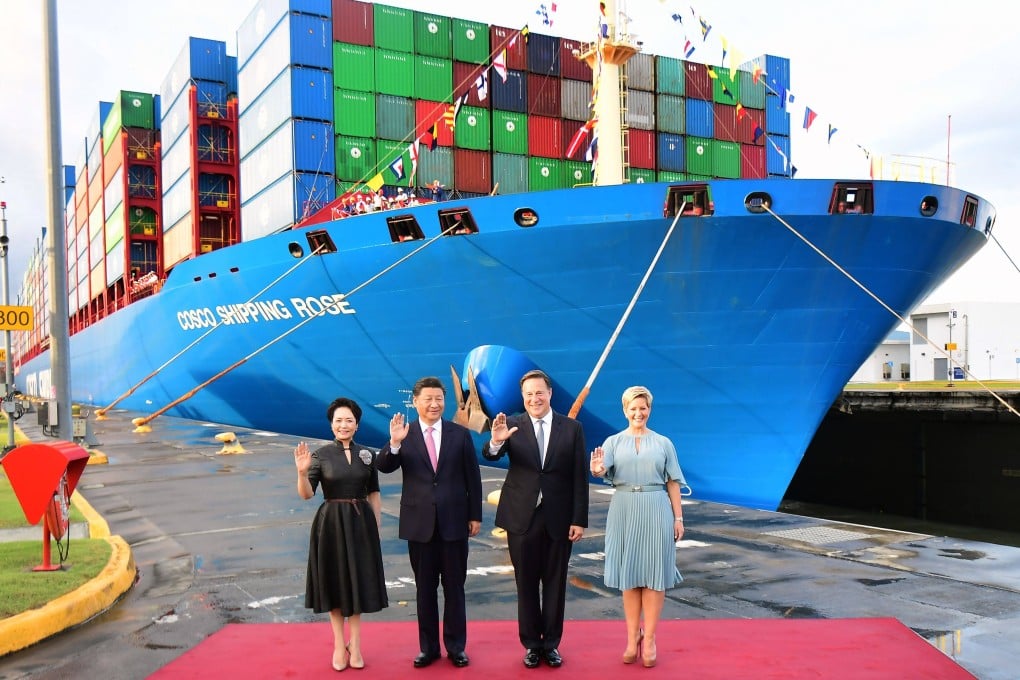My Take | Why Latin America wants to be friends with China
- Given the long history of America’s hegemonic dominance and extensive support for cruel dictatorships and military juntas in the region, it makes perfect sense for those countries to seek alternative sources of aid, funding and economic development

As more Latin American countries switch diplomatic recognition from the island of Taiwan to mainland China, the Western narrative is that Beijing’s dollar and vaccine diplomacy is working.
Nicaragua has become the latest in Latin America and the Caribbean to recognise mainland China. It was preceded by El Salvador and the Dominican Republic. Panama, though, was the first to sign up for China’s Belt and Road Initiative in 2017, shortly after it established diplomatic relations with Beijing.
Now, Honduras may well follow suit, though there seems to be new hesitation from incoming president Xiomara Castro whose pre-election platform favoured establishing diplomatic ties with China.
But if it does go ahead, Taiwan will be left with Paraguay and Guatemala as the last two major economies in South America to remain committed diplomatically to Taiwan.
But like the other Western discourse about China’s “debt trap” diplomacy, this interpretation denies agency to those countries and neglects the background of US hegemonic dominance in the region. After all, why wouldn’t those countries want an alternative to their economic and social development, including other avenues of global aid and funding, apart from the United States and international agencies dominated by Washington?
During the Cold War, Soviet Russia and the communist Eastern bloc were the only alternative. They could all see how that had worked out for Cuba. Today’s China, though, offers an enticing route, and also a bargaining chip for those countries against US dominance. Many young Hong Kong people, enamoured by the American rhetoric of freedom and democracy, have no conception of the cruel modern-day imperialism of the US practised across the western hemisphere from the time of the Monroe Doctrine dating from the early 19th century.
